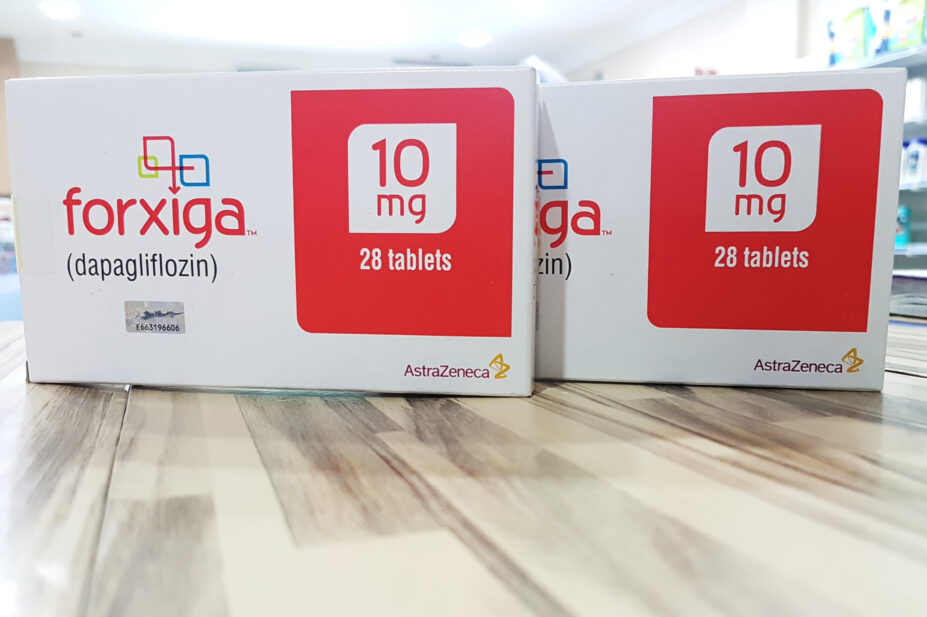
Shutterstock.com
Up to 150,000 patients in England with chronic heart failure (HF) could benefit from a new treatment after the National Institute for Health and Care Excellence (NICE) changed early draft guidance to recommend the use of dapagliflozin (Forxiga, AstraZeneca).
Originally, the drug was not featured in draft guidance put forward by NICE in February 2023 owing to uncertainty over cost-effectiveness; however, the provision of new statistical and economic analyses by manufacturer AstraZeneca led NICE to change its decision.
Dapagliflozin is the first disease-modifying treatment approved for adults with chronic HF with preserved or mildly reduced ejection fraction (HFpEF), and the first SGLT2 inhibitor to be recommended by NICE for use in patients with this type of HF.
Clinical trial evidence examined by NICE shows that dapagliflozin plus standard care reduces the combined risk of dying from cardiovascular causes or likelihood of first hospitalisation from heart failure compared with placebo plus standard care.
Data provided by NICE show more than 550,000 people in England have HF, and around 50% have HFpEF, of whom up to 150,000 would be eligible for treatment with dapagliflozin.
Helen Knight, director of medicines evaluation at NICE, said: “Today’s draft guidance means that for the first time there is an effective treatment available on the NHS for people with this type of HF.
“Not only does dapagliflozin have the potential to help them live well for longer, but it could also save the NHS money and free up space by reducing their risk of having to go to hospital for unplanned emergency treatment.”
Commenting on the recommendation, Paul Wright, lead cardiac pharmacist at Barts Heart Centre in London, said: “Following feedback from multiple stakeholders the initial recommendation from NICE was reversed. There are limited options in managing people with HFpEF and this new treatment option is warmly welcomed by many patient and cardiovascular groups as a treatment option filling an as yet clinical unmet need.”
2 comments
You must be logged in to post a comment.



What about side effects? Aren't there any significant side effects that can risk patients vitals or is it too safe to use?
Like with any drug this should be discussed with the patient and counselled on it.